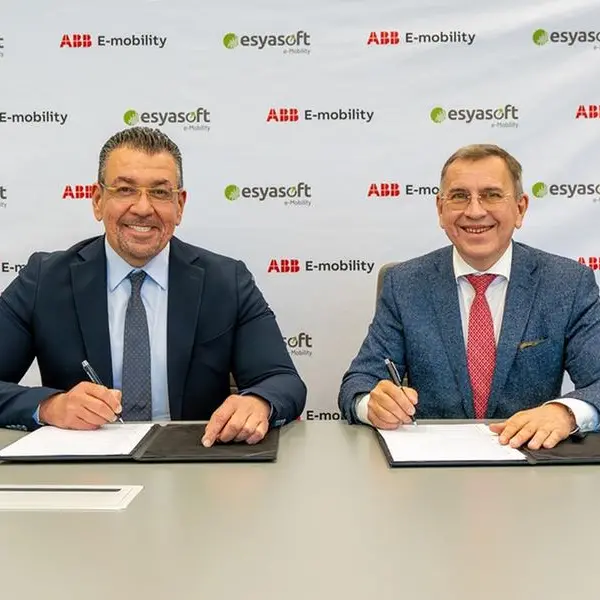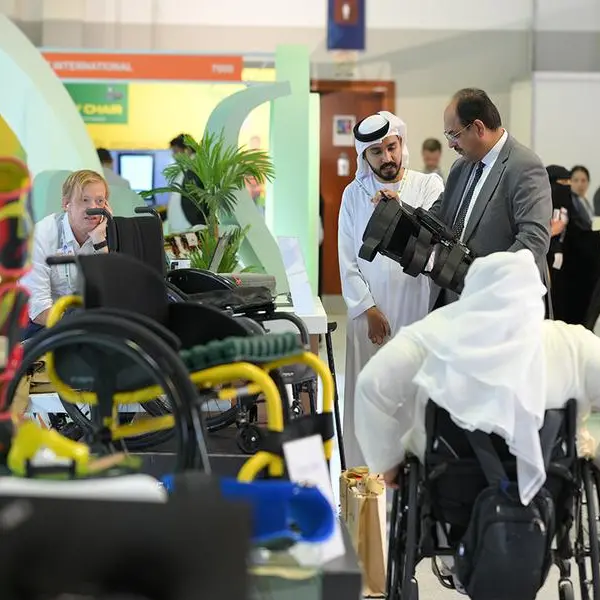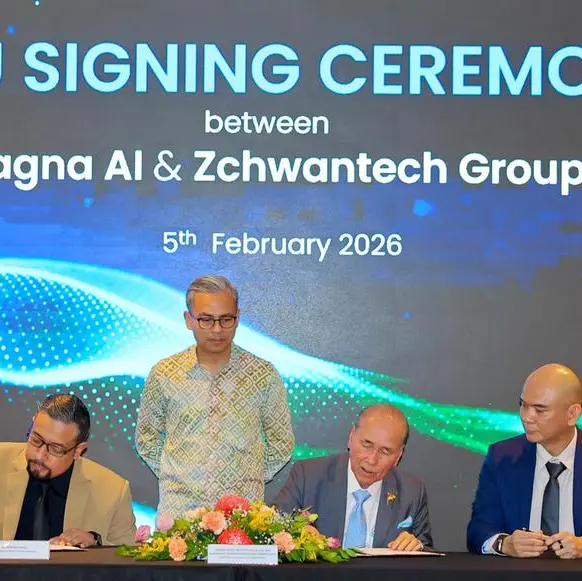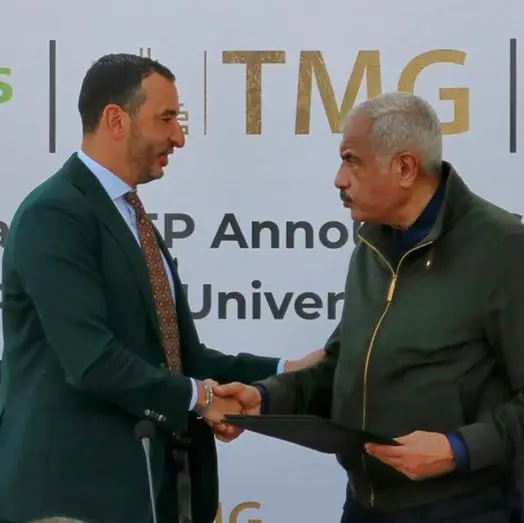- Hotel demand driven by leisure, pilgrim and corporate visitors
- Savills also expects further investment into infrastructure to support implementation of Vision 2030 plans
Riyadh, KSA – Savills, the Middle East’s leading real estate services provider, predicts continued growth in the hotel sector across the Kingdom of Saudi Arabia, fuelled by increasing demand from tourists. The newly released ‘Saudi Arabia Hotel Sector Report’ indicates that with a 13% increase in number of hotel rooms during 2017 and an extra 48,000 being constructed, Saudi Arabia is dramatically increasing its hotel offering, including notable interest from international hotel groups.
According to the latest Savills report, recent tourism growth in Saudi Arabia has been driven by three key demand pools – leisure, pilgrim and corporate visitors. Indeed, according to the most recent annual statistics, travel and tourism accounts for 9.4% of KSA’s total GDP, with traveller expenditure growing by 10.5% annually ($14.8bn). As the country diversifies its economy, in line with the Vision 2030 plans, international arrivals are due to increase on average by 4% per annum according to the World Travel and Tourism Council (WTTC), reaching figures of 22.1m by 2025.
“The diversification of Saudi Arabia’s economy has provided a boost for employment and its GDP outlook. Major hotel groups are driving construction trends across the country as they aim to meet the demands of an ever-increasing number of domestic tourists and international visitors. We think this trend is likely to continue for many years ahead, as both private and public capital is invested into the tourist infrastructure,” said David O’Hara, Savills’ Head of Saudi Arabia.
This is being supported by government initiatives to meet the needs of this surge in visitor arrivals. Vision 2030 has set aside $64bn to invest in culture, leisure and entertainment projects over the next decade, which will significantly add to the attractiveness of KSA as a touristic destination, according to Savills. The Public Investment Fund backing of the Red Sea Development project will complete in 2022 and is forecast to attract an estimated one million visitors per year. Additionally, Amaala, a new ultra-luxury tourism megaproject is earmarked for completion in 2028 and will also significantly boost the hotel offering for both domestic and international visitors.
Over the past three years, major brands have contributed increased investment into KSA. Marriott International has opened two Aloft hotels in the country (in Riyadh and Dhahran), Rocco Forte Hotels opened the Assila Hotel in Jeddah and in 2018, while both Hilton and Swiss-Belhotel International opened three hotels each. There is also interest from other large groups such as Accor and InterContinental.
In addition to government and private investment, visitors are also being attracted through cultural and religious events. As per Savills report, Hajj and Umrah visitor numbers are expected to reach 30 million by 2030, with 30-day Visa extensions contributing to an increase in length of stay from overseas visitors. Over a twelve month period, the average length of stay from foreign travellers has climbed from 9.7 days to 11.3 days. This has helped to boost hotel occupancy levels.
Savills also foresees continuing upward trends towards corporate traveller demand, as the country grows alternative industries away from its traditional oil-based economy. Indeed, business travellers will be a key driver for revenues, with the WTTC’s 2018 report underlining that 52.8% of tourist spend in Riyadh is accounted for by corporate visitors.
Underpinning the visitor demand is investment into transportation infrastructure. Airport connectivity has significantly improved across the country, leading to a 7.7% boost in airport passenger numbers to 91.8m, according to the Saudi Arabian General Authority of Civil Aviation. The recent opening of the Haramain High-Speed Rail links the major hubs of Makkah and Madinah via Jeddah and will serve up to 60m passengers per annum.
O’Hara added: “Improving the transport network for domestic and international travellers is vital for the sustainable growth of tourism in the Kingdom. As such, we expect heavy investment into the connectivity infrastructure to support the implementation of Vision 2030.”
To read the report in full please visit:
https://dubai.savills.ae/research-and-news/saudi-arabia-hotel-report.pdf
About Savills
Savills is a global real estate services provider listed on the London Stock Exchange. Savills operates from over 600 owned and associate offices, employing more than 35,000 people in over 60 countries throughout the Americas, the UK, Europe, Asia Pacific, Africa and the Middle East, offering a broad range of specialist advisory, management and transactional services to clients all over the world.
For further information about Savills: www.savills.com
For media enquiries, please contact:
Jon Ivan-Duke, TOH PR, +971 56 506 0802
or
Mohaned Mahgoub, TOH PR, +971 4 382 8900
© Press Release 2019Disclaimer: The contents of this press release was provided from an external third party provider. This website is not responsible for, and does not control, such external content. This content is provided on an “as is” and “as available” basis and has not been edited in any way. Neither this website nor our affiliates guarantee the accuracy of or endorse the views or opinions expressed in this press release.
The press release is provided for informational purposes only. The content does not provide tax, legal or investment advice or opinion regarding the suitability, value or profitability of any particular security, portfolio or investment strategy. Neither this website nor our affiliates shall be liable for any errors or inaccuracies in the content, or for any actions taken by you in reliance thereon. You expressly agree that your use of the information within this article is at your sole risk.
To the fullest extent permitted by applicable law, this website, its parent company, its subsidiaries, its affiliates and the respective shareholders, directors, officers, employees, agents, advertisers, content providers and licensors will not be liable (jointly or severally) to you for any direct, indirect, consequential, special, incidental, punitive or exemplary damages, including without limitation, lost profits, lost savings and lost revenues, whether in negligence, tort, contract or any other theory of liability, even if the parties have been advised of the possibility or could have foreseen any such damages.



















